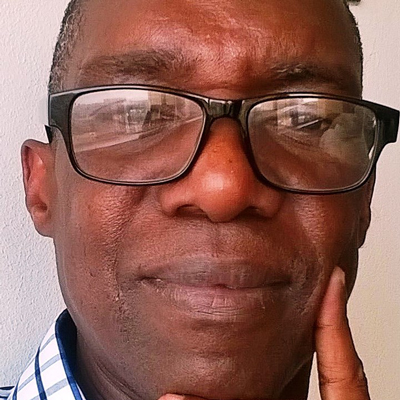
There are lessons that I learnt while working in communications during my World Bank consultancy with the Zimbabwe government. One was the reality that communication, alongside legislation, regulation and taxation, should be one of the key levers of government.
public relations with Lenox Mhlanga
However, while government institutions (ministries, state enterprises, parastatals and agencies) yearn for positive news coverage, few value the role of communication in that process.
The nature of government work, more of political influence and the demand for external information, did not necessarily lead to negative news coverage. There, thus, has been a realisation that a more proactive media interactive approach would help improve that media coverage.
The results of a survey of 881 government and business communicators in 2012 showed that active media interaction, organisational support for communication, and adequate communication budgets are associated with reporting more favourable coverage.
This points to finding a way to increase government-wide support for communication, and more allocation for communication budgets.
Conversely, communication planning and research, including activities such as developing strategic plans, developing crisis communication plans, conducting primary research, and writing fact sheets is sadly lacking.
This points to a deficiency of skills in those tasked with handling communications, added to poor cross-department support and communication budget inadequacies.
- Chamisa under fire over US$120K donation
- Mavhunga puts DeMbare into Chibuku quarterfinals
- Pension funds bet on Cabora Bassa oilfields
- Councils defy govt fire tender directive
Keep Reading
Building trust with the public should be the primary concern for government institutions. However, we discovered internal shortcomings and constraints that hurt government’s ability to build that trust.
The inference is that government communicators should, more proactively, work with the media to publicise government programmes, activities, innovations, and performance, to build that trust.
The Leaders’ Report, a study of the future of government communication by British multinational public relations and advertising firm, WPP plc, declares that we now live in a polarised society, where governments are under pressure to better connect with their citizens, new technologies have made the latter very powerful.
“Citizens now have almost unlimited access to information. They broadcast their issues widely, regardless of accuracy and they can criticise and campaign faster than the speed at which governments can respond,” the ground-breaking global study into government communication reveals.
The report further finds that communication is seldom used to its full potential and that how and why governments should communicate has changed, though communication structures and skills have not.
A lot of what was discussed in last week’s column is mirrored in the report. Chief among these is the fact that communication was rarely understood fully by politicians and policymakers. It was frequently regarded as a tactical, shared service, rather than a strategic function of policy delivery.
The report, spanning 40 countries, further confirms that apart from the growth of mobile technology and social media, citizens have also become increasingly angry.
“Government communication leaders face unprecedented difficulties in responding to this wave of technological change and public dissatisfaction. Audiences are increasingly heterogeneous, interconnected, and ever harder to reach,” says the report developed by WPP’s government and public sector practice.
In interviews with government communication leaders, the key issues described were overwhelmingly common across different regions, countries and governance models.
Among the key challenges identified as facing government communicators were declining levels of trust, one-way communication that is so typical of bureaucracies, lack of skills and expertise to operate effectively in a rapidly changing media landscape.
“Government communication is under-invested in as a function of government. It is insufficiently regarded as an essential part of policy development and delivery. 60% of respondents don’t measure the impact of communication against policy objectives, reducing the perceived importance of communication as a lever of government,” the report finds.
The report also notes a fracturing of audiences that had broken the model of broadcast communication that many governments rely so much on.
“Only 25% of respondents actively tailor their messages to citizens, with the majority struggling to move beyond uniform messaging. Nearly half of respondents say they lack an understanding of digital and social media.”
The findings from The Leaders’ Report highlight 10 requirements or attributes of high-performing government communication functions. These cover strategy, people, process, structure, and tools.
There is need to have a clearly defined role of and structure for government communication. An understanding of the wider socio-economic and cultural environment is therefore critical.
Government institutions should create collaborative team environments, while investing in talent, skills and professional development. Working with institutions on communication priorities is key for communicators, to maintain consistency of messages across government and across channels.
As far as investing in tools was concerned, accessing a wide range of data sources to inform decisions was identified as a priority in addition to embracing technology to become more citizen focused.
Government should engage in more effective external communication to improve citizen trust and maintain political legitimacy. More effective communication can lead to more favourable media coverage that ultimately shapes citizen trust in government. Communication in government needs support because it matters.
Lenox Mhlanga is associate consultant with Magna Carta public relations. He has worked for the World Bank Group as a specialist communications consultant and part-time lecturer in public relations at a local university. He can be contacted at [email protected] and 0772 400 656.











